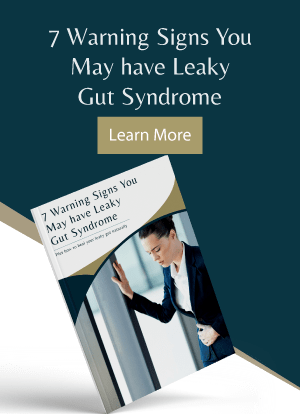Zinc is one of the minerals that can help hold off the onset of dementia or Alzheimer’s. In most studies, zinc has been shown to improve mental capacity in elders.
And most older people and those with dementia and other mental disorders have been found to be deficient in zinc.
One of the reasons for this is that to get zinc into your bloodstream effectively, you need to have a specific acid that is excreted by the pancreas.
This acid is called “picolinic acid”. When food containing zinc or zinc supplements reaches the small intestine, duodenum, the pancreas excretes picolinic acid. This acid binds with zinc and moves it across your intestine wall and into the bloodstream.
Picolinic acid is created in the liver and kidneys from the amino acid tryptophan. This amino acid then moves into the pancreas.
So if you have diabetes or if your pancreas is overworked or weak, you will not be excreting enough picolinic acid and will not be providing enough zinc to your brain. You will need to supplement your diet with zinc.
The type of zinc you need is one that is bound with picolinic acid. This type is called “zinc picolinate.” There are other types of zinc supplements such as zinc citrate and zinc gluconate on the market, but they are not as well absorbed as zinc picolinate. But if you cannot get zinc picolinate, go for zinc gluconate.
The body also has many uses for zinc, which is why it is easy to become deficient in it. The body uses zinc for:
- chemical reactions with enzymes
- with antioxidants to prevent arteriosclerosis
- with DNA to prevent dementia or Alzheimer’s
- with cell activity
- kidneys to maintain acid-base balance
- with carbon dioxide removal
- make pancreatic enzymes
- your liver to detoxify alcohols
And the list goes on and on.
Foods To Add To Your Diet To Get More Zinc
Foods that are high in zinc include beef, lamb, cheese, yeasts, oysters, shrimp, herring, sunflower seeds, pumpkin seeds, sesame seeds, wheat germ & bran, mushrooms, spinach, squash, asparagus, collard greens, broccoli, chard, miso and maple syrup.
Zinc can be toxic in excessive amounts. A safe amount to take is 20 – 25 mg per day. Do not take more than 40 mg per day. Toxic effects are stomach pain, nausea, vomiting, cramps, and diarrhea.
Add these foods and zinc picolinate to your diet in an effort to stave off dementia and Alzheimer’s. There are few more special nutrients that you should include in your diet to prevent degradation of your mental health.




